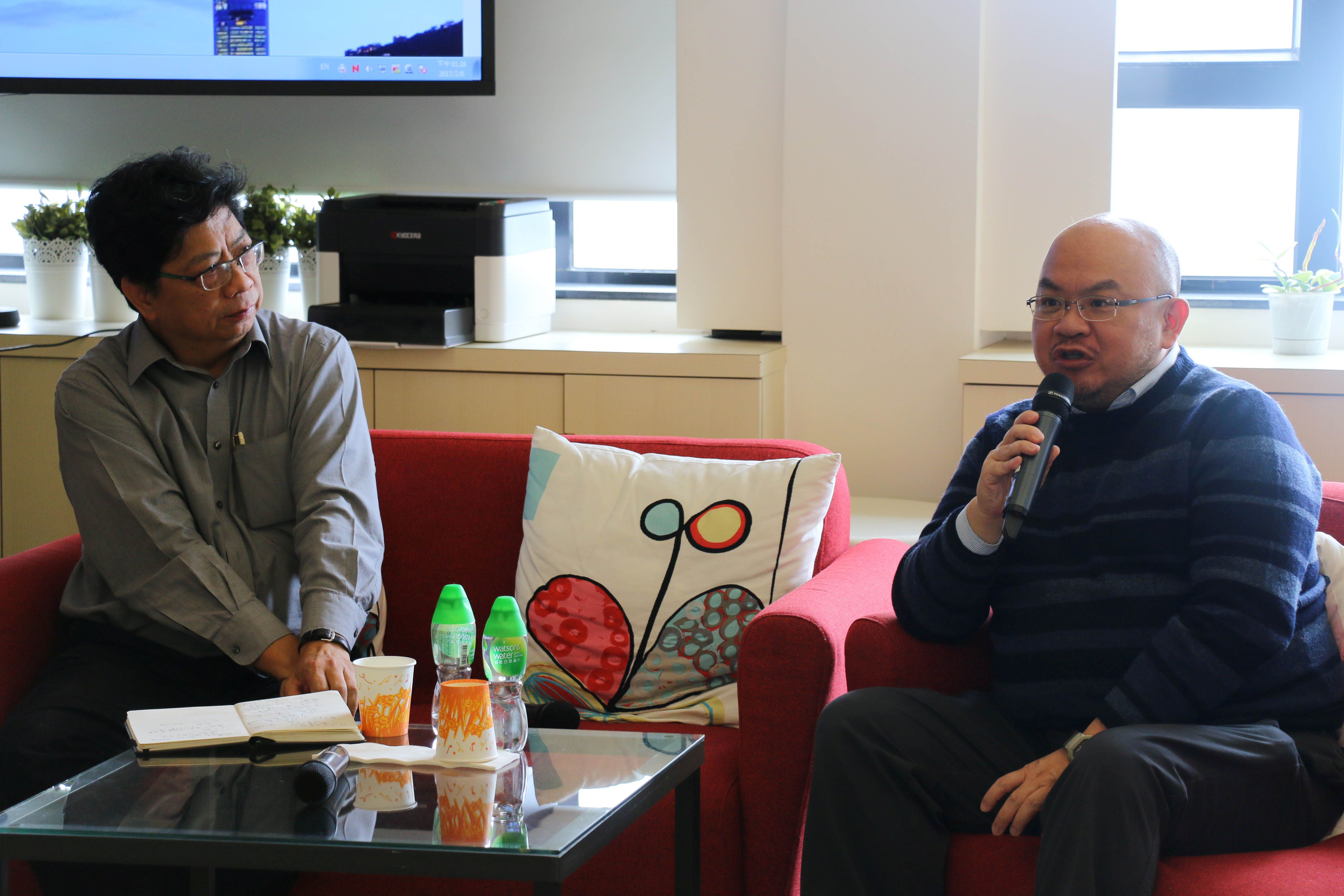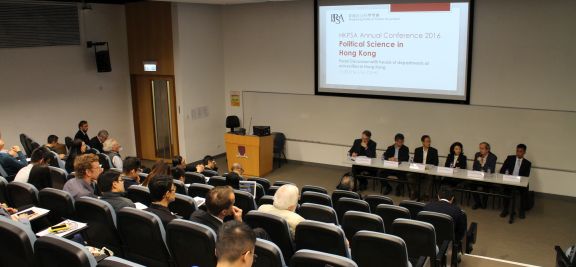
Date: 13 Feb 2017 (Monday)
Topic: State Building as a Neighborhood Effect: Borderland Politics between China and Southeast Asia
Time: 10:30 am to 12:00 noon
Speaker: Dr. Enze HAN (SOAS, University of London)
Venue: Room 406, Tsang Shiu Tim Building
Abstract: This talk examines how the multi-ethnic borderland have been managed, and how the interplay between domestic politics and international relations since the end of WWII have affected different patterns of state building in Southwest China, upper Myanmar, and northern Thailand. Specifically it forwards an argument that the success of one country’s state building in the borderland might actually hinder or sabotage the same such process in a neighboring country. The talk examines the following set of questions. How did China and Thailand consolidate their respective control over this multi-ethnic borderland, especially during the tumultuous Cold War period when both faced both internal and external threats to their rule? Why has Myanmar not been able to project a centralized and exclusive control over this territory, where various ethnic rebels continue to hold out? Given their different political systems and international alignment patterns, how have the state building efforts in one country affected such attempts in the neighboring one(s)?
Date: 17 Feb 2017 (Friday)
Topic: Making Bureaucracy Work: Patronage Networks and Government Performance in China
Time: 10:30 am to 12:00 noon
Speaker: Dr. JIANG Junyan (University of Pennsylvania)
Venue: Room 406, Tsang Shiu Tim Building
Abstract: What makes a bureaucracy effective? Conventional theories of bureaucratic effectiveness draw a sharp distinction between high-performing Weberian and low-performing patrimonial administrations, yet this dichotomy fails to explain China's development with a bureaucracy riddled with patrimonialism and corruption. I argue that instead of being merely a source of inefficiency, patrimonial institutions such as patron-client relations can help improve bureaucratic performance by resolving key principal-agent problems common within hierarchical organizations. Using an original city-level panel dataset between 2000 and 2011 and a new method that identifies patronage ties based on past promotions, I show that city leaders with informal ties to the incumbent provincial leader deliver significantly faster economic growth than those without, and that the performance premium is driven primarily by enhanced incentives of the connected agents. Analysis of an unexpected pollution-reduction campaign between 2007 and 2011 provides further evidence of the existence of patronage-based mobilization in policy areas other than economic management. These findings highlight the importance of informal institutions in bureaucratic management and authoritarian governance.
Date: 20 Feb 2017 (Monday)
Topic: International Knowledge, Foreign Media, and Domestic Political Support in China
Time: 10:30 am to 12:00 noon
Speaker: Dr. Haifeng HUANG (University of California at Merced)
Venue: Room 406, Tsang Shiu Tim Building
Abstract: How do information about foreign countries and access to foreign media affect citizens’ domestic political attitudes? I conducted two studies to answer this question. The first study shows that Chinese citizens with more positive perceptions and especially overestimation of foreign socioeconomic conditions have more negative evaluations of China and the Chinese government, while correcting socioeconomic misinformation about foreign countries improves individuals’ domestic evaluations. The second study shows that Chinese citizens with higher pro-Western orientations and lower regime evaluations are more inclined to read content that is positive about foreign countries and/or negative about China. More importantly, because reputable Western media's reports are generally more realistic than overly rosy information about foreign socioeconomic conditions that popularly circulates in China, reading foreign media content can improve rather than worsen the domestic evaluations of citizens who self-select such content. In other words, international knowledge and foreign media may have a corrective function and thus enhance regime stability. These findings have rich implications for understanding the relationship between global information flow and domestic political support in a changing society.
|
Congratulations to Mr. Choy Ivan Chi Keung (Senior Lecturer) who received a Certificate of Recognition for Outstanding Teaching Performance for College General Education Course! Mr. Choy taught “The Art of Leadership” for Shaw College in 2016-17.
 |
|
Congratulations to Prof. ZHAN Jing Vivian (Associate Professor and Department Head) who received Research Excellence Award 2015-16! The award by the Research Committee of The Chinese University of Hong Kong recognized Prof. Zhan’s outstanding research performance and strong research portfolio.
 |
|
Date: 7 November 2015 Topic: On the Chief Executive Election (笑談特首選舉) Speaker: Mr. Tsang Yok Sing (曾鈺成先生), President of Legislative Council Host: Mr. Kenneth Ng King Chun (吳璟儁先生) Time: 2:30-4:30 pm Venue: Lecture Theatre C1, United College
The Department had great pleasure to have invited Mr. Tsang Yok Sing, President of Legislative Council to speak on “On the Chief Executive Election”. The event brought together about 100 friends of GPA Department, including alumni, staff and students celebrating the 45th Anniversary of the Department at the beautiful United College of CUHK
Please click here to download a group photo of the event |